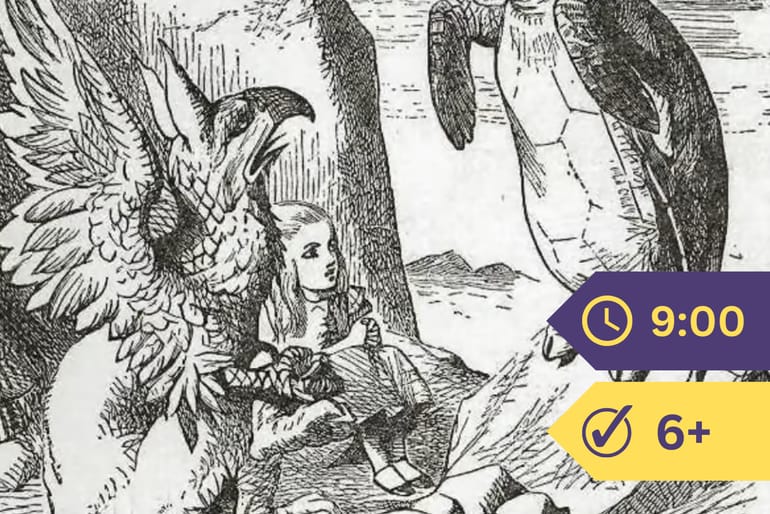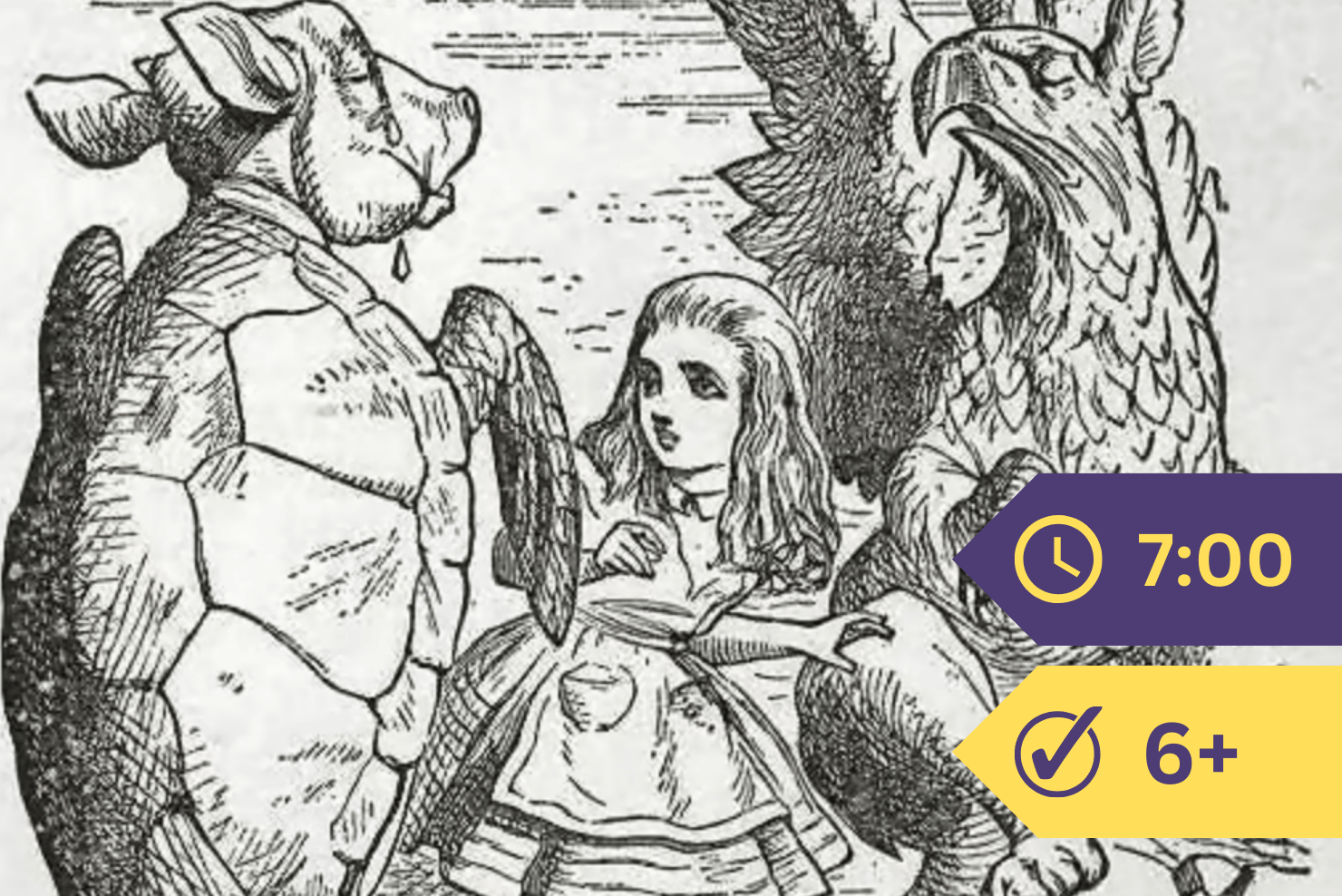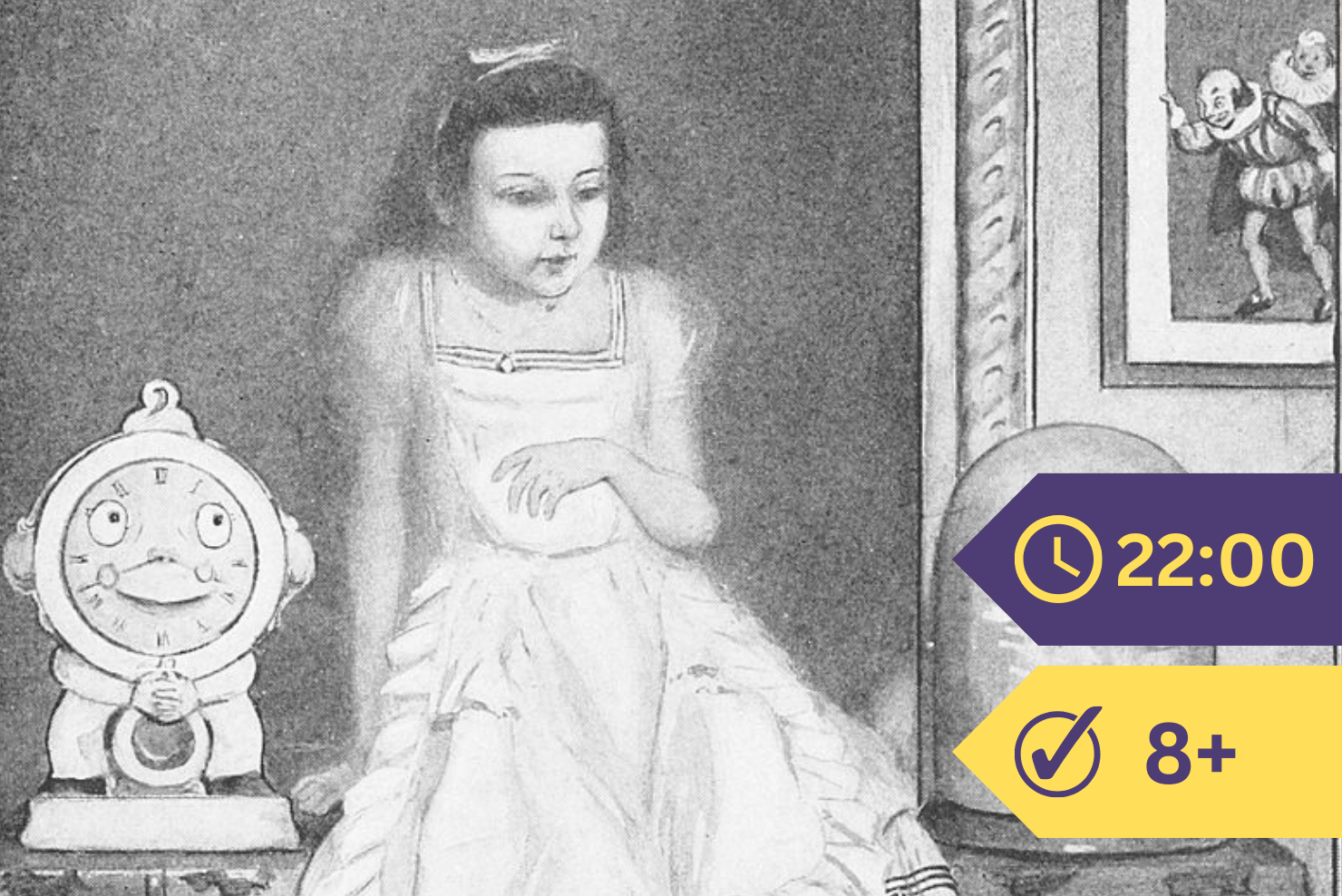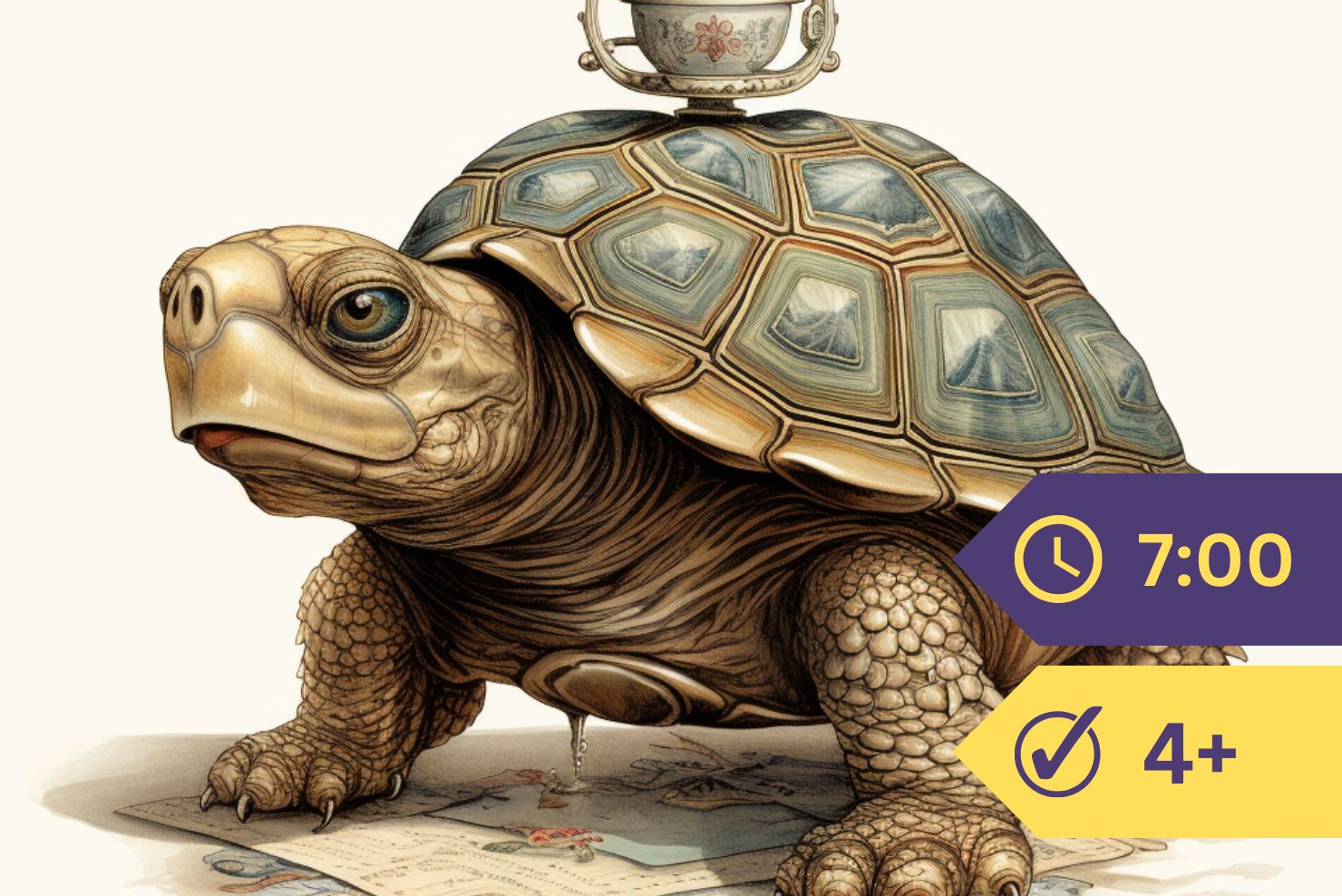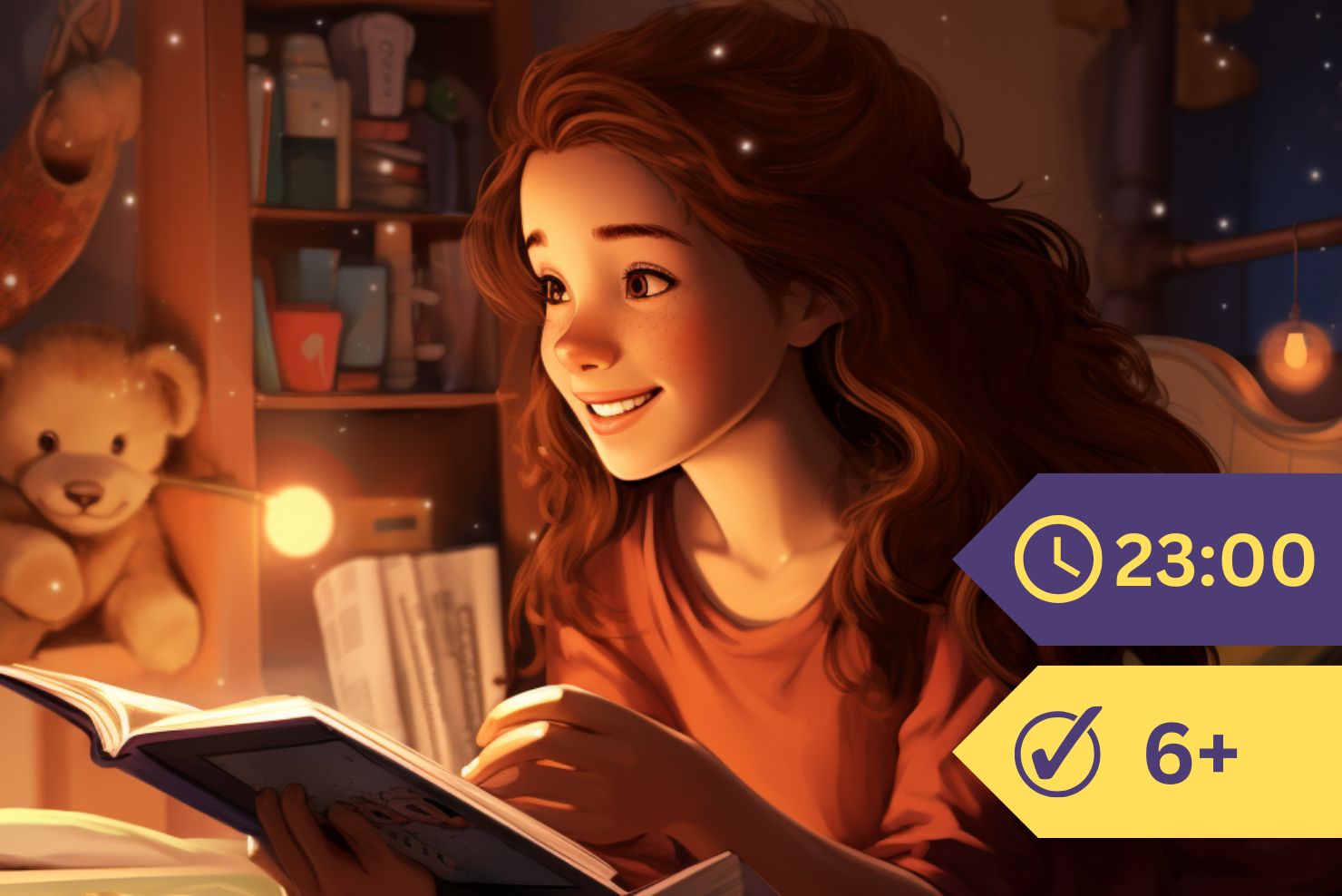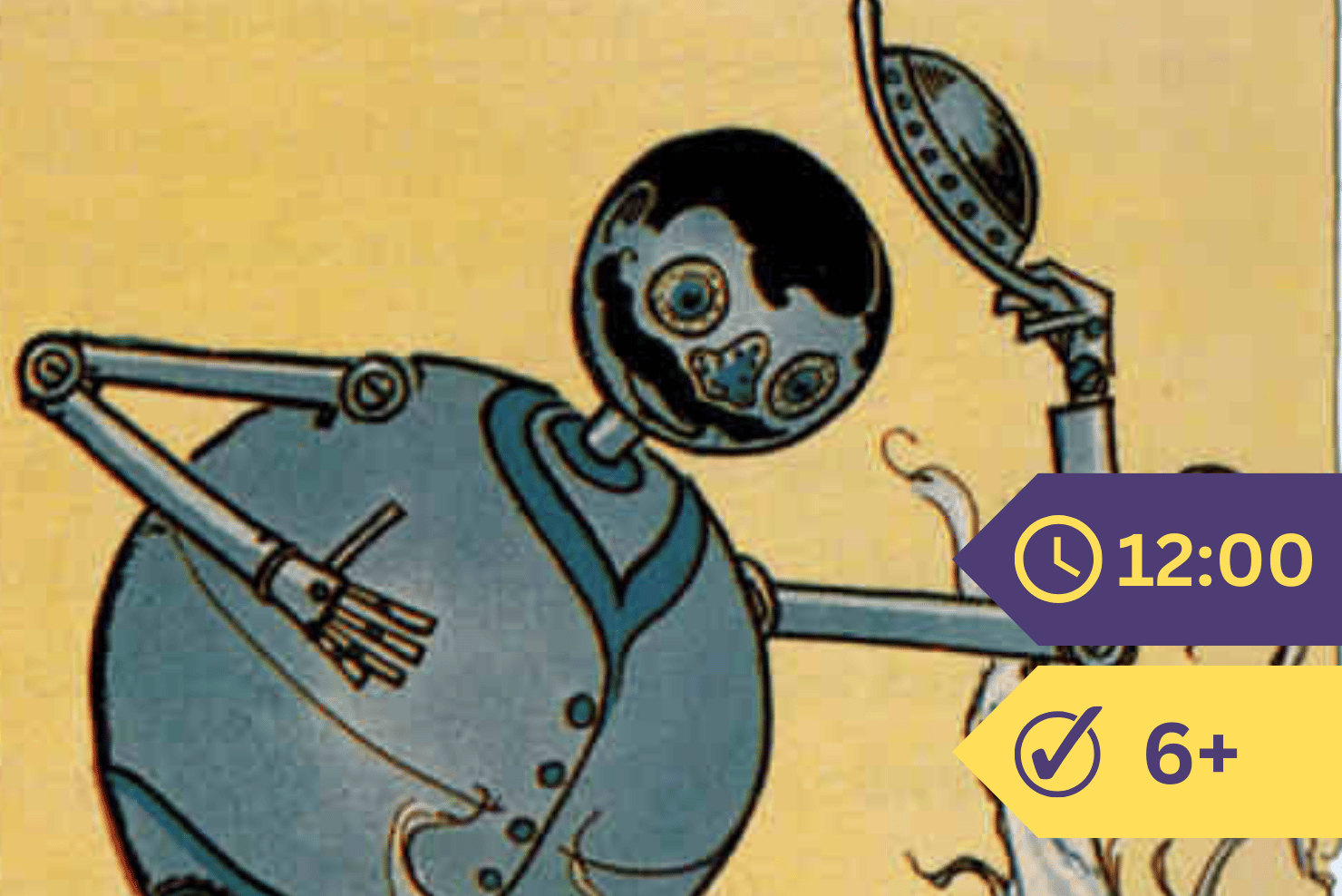“You can’t think how glad I am to see you once more, you dear thing!” said the Duchess as she took Alice’s arm, and they walked off side by side. Alice was glad to see her in such a fine mood, and thought to herself that the Duchess might not be so bad as she had seemed to be when they first met.
Then Alice fell into a long train of thought as to what she would do if she were a Duchess. She quite lost sight of the Duchess by her side, and was startled when she heard her voice close to her ear.
“You have something on your mind, my dear, and that makes you forget to talk. I can’t tell you just now what the moral of that is, but I shall think of it in a bit.”
“Are you sure it has one?” asked Alice.
“Tut, tut, child!” said the Duchess; “all things have a moral if you can but find it.” And she squeezed up close to Alice’s side as she spoke. Alice did not much like to have the Duchess keep so close, but she didn’t like to be rude, so she bore it as well as she could.
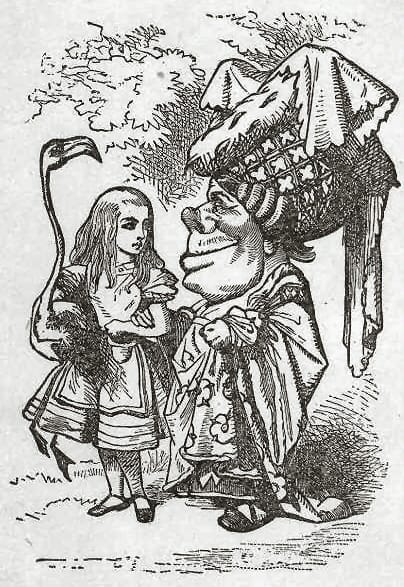
“The game is not so bad now,” Alice said, thinking she ought to fill in the time with talk of some kind.
“‘Tis so,” said the Duchess, “and the moral of that is—’Oh, ’tis love, ’tis love, that makes the world go round!'”
“Some one said, it’s done by each one minding his own work,” said Alice.
“Ah! well, it means much the same thing,” said the Duchess, then added, “and the moral of that is—’Take care of the sense and the sounds will take care of themselves.'”
“How she likes to find morals in things,” said Alice.
“Why don’t you talk more and not think so long?” asked the Duchess.
“I’ve a right to think,” said Alice in a sharp tone, for she was tired and vexed.
“Just as much right,” said the Duchess, “as pigs have to fly; and the mor—” But here the voice of the Duchess died out in the midst of her pet word, “moral,” and Alice felt the arm that was linked in hers shake as if with fright. Alice looked up and there stood the Queen in front of them with her arms folded, and a dark frown upon her face.
“A fine day, your majesty!” the Duchess began in a weak voice.
“Now, I warn you in time,” shouted the Queen, with a stamp on the ground as she spoke; “either you or your head must be off, and that in about half no time! Take your choice!”
The Duchess took her choice and was gone in a moment.
“Let’s go on with the game,” the Queen said to Alice; and Alice was in too great a fright to speak, but went with her, back to the croquet ground.
The guests had all sat down in the shade to rest while the Queen was away, but as soon as they saw her they rushed back to the game; while the Queen said if they were not in their places at once, it would cost them their lives. All the time the game went on the Queen kept shouting, “Off with his head!” or “Off with her head!” so that by the end of half an hour there was no one left on the grounds but the King, the Queen, and Alice.
Then the Queen left off, quite out of breath, and said to Alice, “Have you seen the Mock Turtle yet?”
“No,” said Alice, “I don’t know what a Mock turtle is.”
“It is a thing Mock Turtle Soup is made from,” the Queen said.
“I’ve never seen or heard of one,” Alice said.
“Come on then, and he shall tell you his story,” said the Queen.
As they walked off, Alice heard the King say in a low tone to those whom the Queen had doomed to death, “You may all go free!” “Come, that’s a good thing,” thought Alice, for she felt very sad that all those men must have their heads cut off.
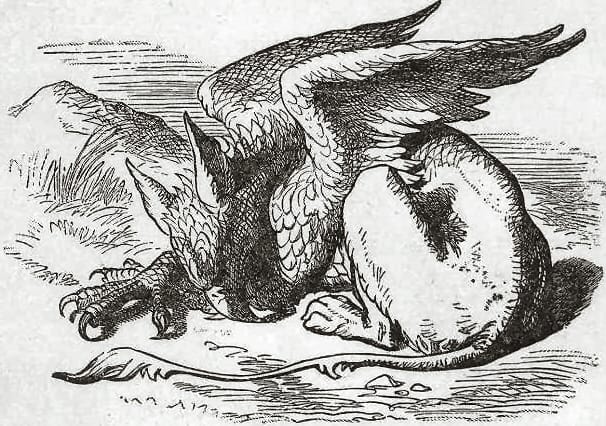
They soon came to where a Gryphon lay fast asleep in the sun. (If you don’t know what it is like, look at the picture.) “Up, dull thing!” said the Queen, “and take this young lady to see the Mock Turtle. I must go back now;” and she walked away and left Alice with the Gryphon. Alice was by no means pleased with its looks, but she thought she would be quite as safe with it as she would be with the Queen; so she waited.
The Gryphon sat up and rubbed its eyes; then watched the Queen till she was out of sight; then it laughed. “What fun!” it said, half to itself, half to Alice.
“What is the fun?” she asked.
“Why, she,” it said. “It’s all a whim of hers; they never cut off those heads, you know. Come on.”
Soon they saw the Mock Turtle sitting sad and lone on a ledge of rock, and as they came near, Alice could hear him sigh as if his heart would break. “What makes him so sad?” Alice asked.
“It’s all a whim of his,” said the Gryphon; “he hasn’t got no grief, you know. Come on!”
So they went up to the Mock Turtle, who looked at them with large eyes full of tears, but did not speak.
“This here young lady,” said the Gryphon, “she wants for to know about your past life, she do.”
“I’ll tell it to her,” said the Mock Turtle in a deep, sad tone: “sit down both of you and don’t speak a word till I get through.”
So they sat down, and no one spoke for some time.
“Once,” said the Mock Turtle at last, with a deep sigh, “I was a real Turtle. When we were young we went to school in the sea. We were taught by an old Turtle—we used to call him Tortoise—”
“Why did you call him Tortoise, if he wasn’t one?” Alice asked.
“He taught us, that’s why,” said the Mock Turtle: “you are quite dull not to know that!”
“Shame on you to ask such a simple thing,” added the Gryphon; then they both sat and looked at poor Alice, who felt as if she could sink into the earth.
At last the Gryphon said to the Mock Turtle, “Drive on, old fellow! Don’t be all day about it!” and he went on in these words: “Yes, we went to school in the sea, though you mayn’t think it’s true—”
“I didn’t say I did not!” said Alice.
“You did,” said the Mock Turtle.
“Hold your tongue,” added the Gryphon.
The Mock Turtle went on: “We were well taught—in fact we went to school each day—”
“I’ve been to a day school too,” said Alice; “you needn’t be so proud as all that.”
“Were you taught washing?” asked the Mock Turtle.
“Of course not,” said Alice.
“Ah! then yours wasn’t a good school,” said the Mock Turtle. “Now at ours they had at the end of the bill, ‘French, music, and washing—extra.'”
“You couldn’t have needed it much in the sea,” said Alice.
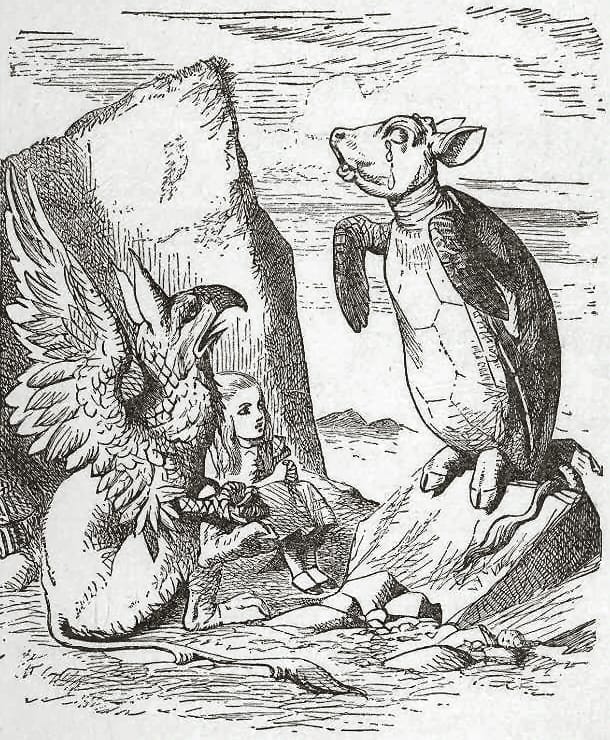
“I didn’t learn it,” said the Mock Turtle, with a sigh. “I just took the first course.”
“What was that?” asked Alice.
“Reeling and Writhing, of course, at first,” the Mock Turtle said. “An old eel used to come once a week. He taught us to drawl, to stretch and to faint in coils.”
“What was that like?” Alice asked.
“Well, I can’t show you, myself,” he said: “I’m too stiff. And the Gryphon didn’t learn it.”
“How many hours a day did you do lessons?” asked Alice.
“Ten hours the first day,” said the Mock Turtle; “nine the next and so on.”
“What a strange plan!” said Alice.
“That’s why they’re called lessons,” said the Gryphon: “they lessen from day to day.”
This was such a new thing to Alice that she sat still a good while and didn’t speak. “Then there would be a day when you would have no school,” she said.
“Of course there would,” said the Mock Turtle.
“What did you do then?” asked Alice.
“I’m tired of this,” said the Gryphon: “tell her now of the games we played.”

